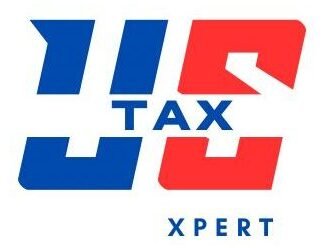LLC Formation Services in Illinois
Business Entity Types – Quick Comparison
Choosing the right business structure is one of the most important decisions you’ll make. Each entity type has its own advantages and limitations. Below is a clear comparison to help you evaluate:
Sole Proprietorship
Simplest form of business ownership.
No formal setup required.
Income is reported on the owner’s personal tax return.
Limitation: The owner is personally liable for all business debts and obligations.
Single-Member LLC
Provides liability protection—personal assets are separate from business liabilities.
Flexible management structure.
Default taxation as a sole proprietorship but can elect S-Corporation status for tax benefits.
Often preferred by entrepreneurs who want both simplicity and protection.
Multi-Member LLC (Partnership)
Owned by two or more members.
Offers liability protection to all owners.
Pass-through taxation—profits and losses flow directly to members’ personal returns.
Requires an Operating Agreement to clearly define ownership, responsibilities, and profit-sharing.
C-Corporation
Separate legal entity that provides the strongest liability protection.
Best suited for companies planning to raise capital or expand significantly.
Offers credibility with investors and lenders.
Drawback: Subject to double taxation (corporation pays taxes, and shareholders pay tax on dividends).
S-Corporation
Avoids double taxation—profits and losses pass through to shareholders’ personal tax returns.
Suitable for small to mid-sized businesses.
Must follow IRS rules, including paying shareholder-employees a “reasonable salary.”
Offers both liability protection and potential tax savings.
Registered Agent Service
Required for LLCs and Corporations in most states.
Acts as your company’s legal point of contact for official correspondence, tax notices, and compliance documents.
Ensures privacy by keeping the owner’s personal address off public records.
Key Takeaway
Sole Proprietorship → Quick start but high personal risk.
LLCs → Balance of simplicity, protection, and flexibility.
Corporations → More complex, but best for growth and raising capital.
💡 Our experts at HQ Tax & Financial can guide you in selecting the best structure based on your goals, industry, and tax strategy.
